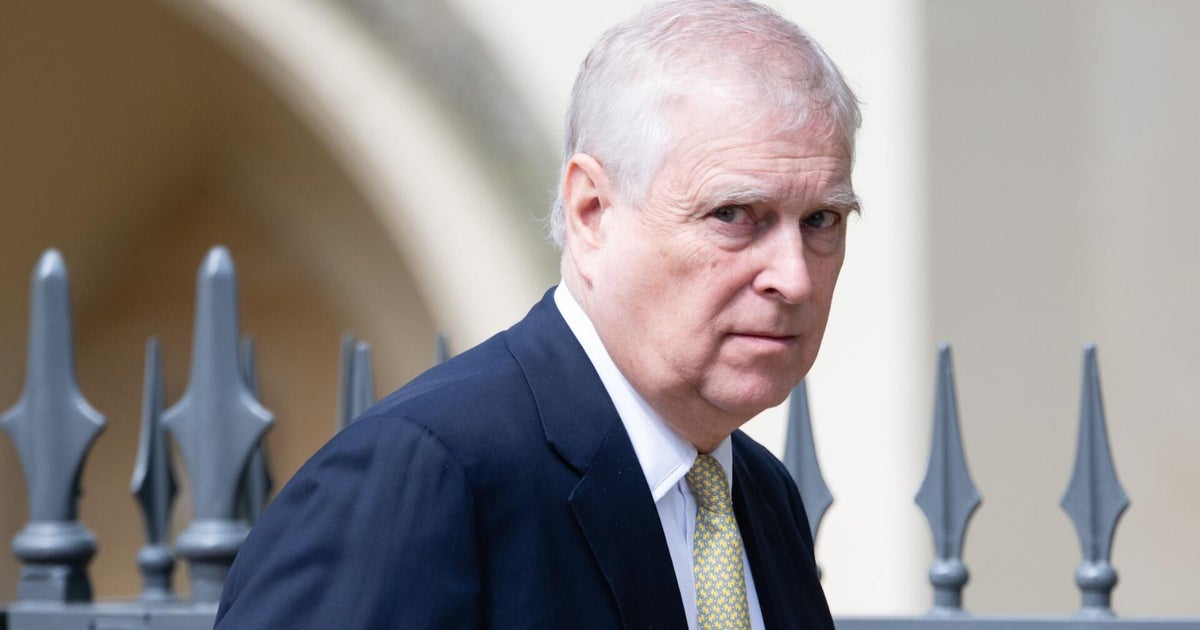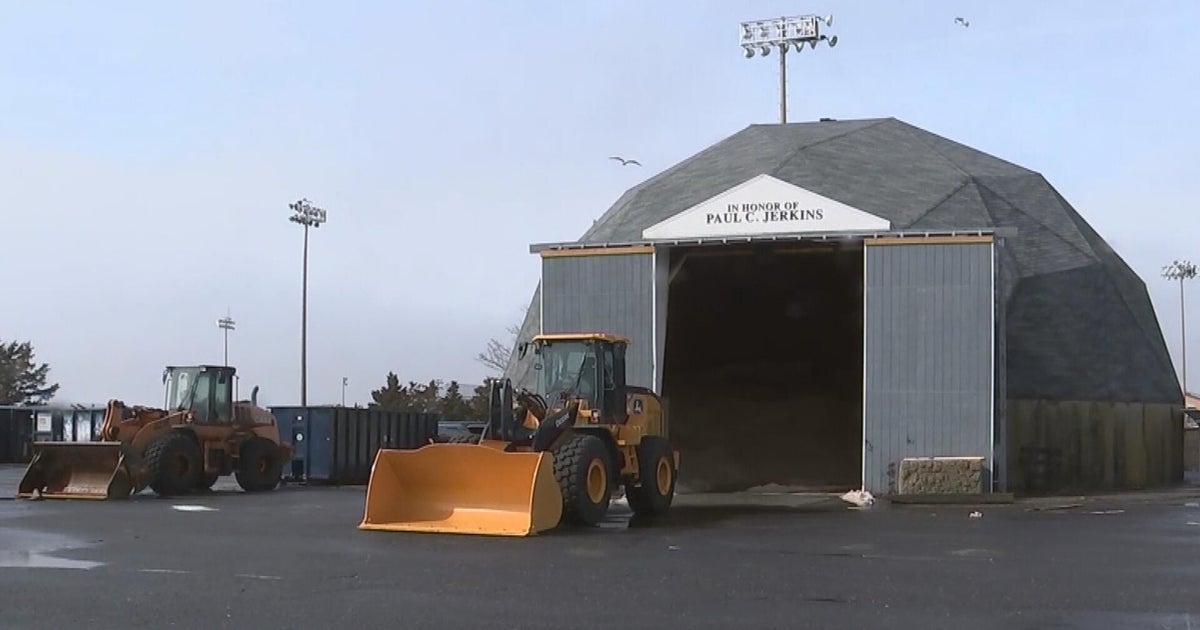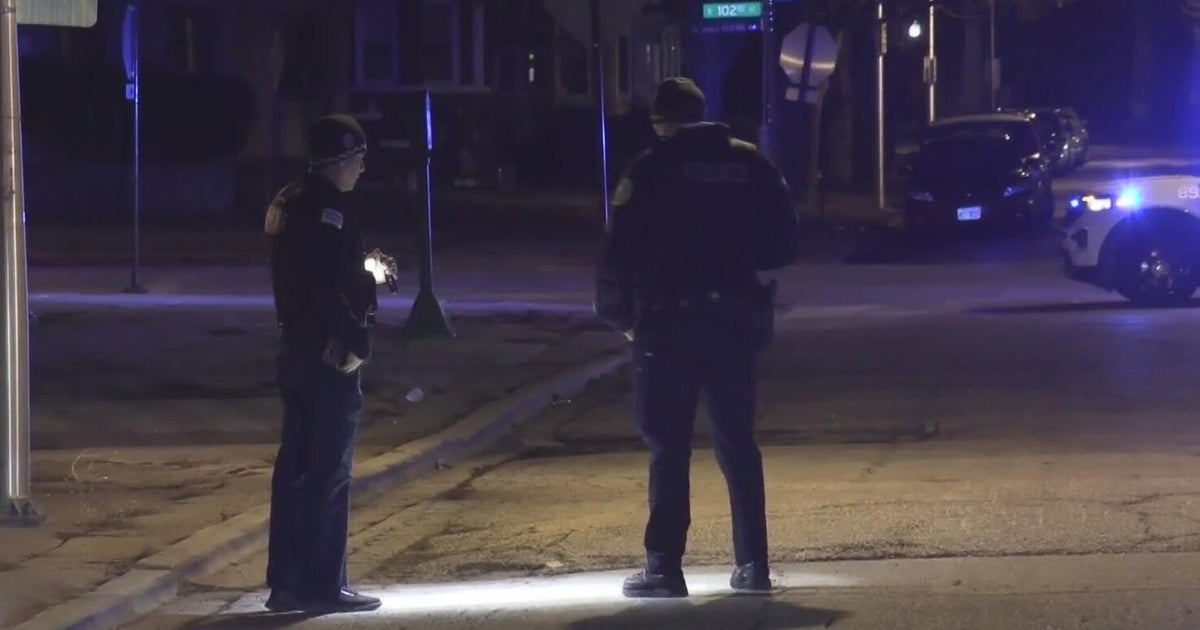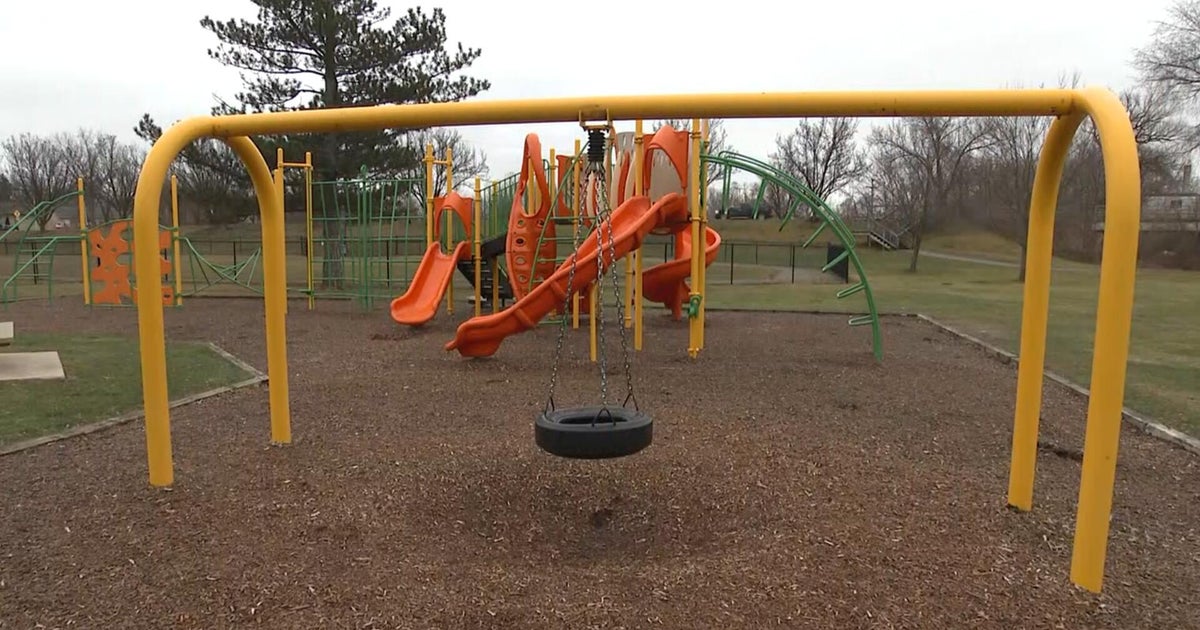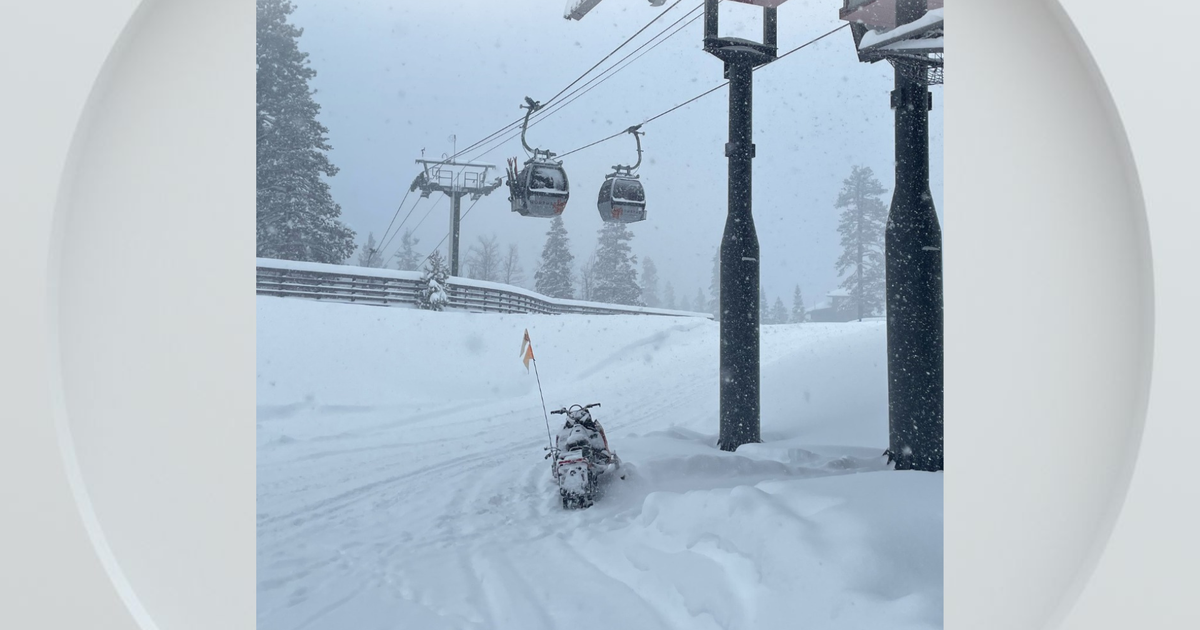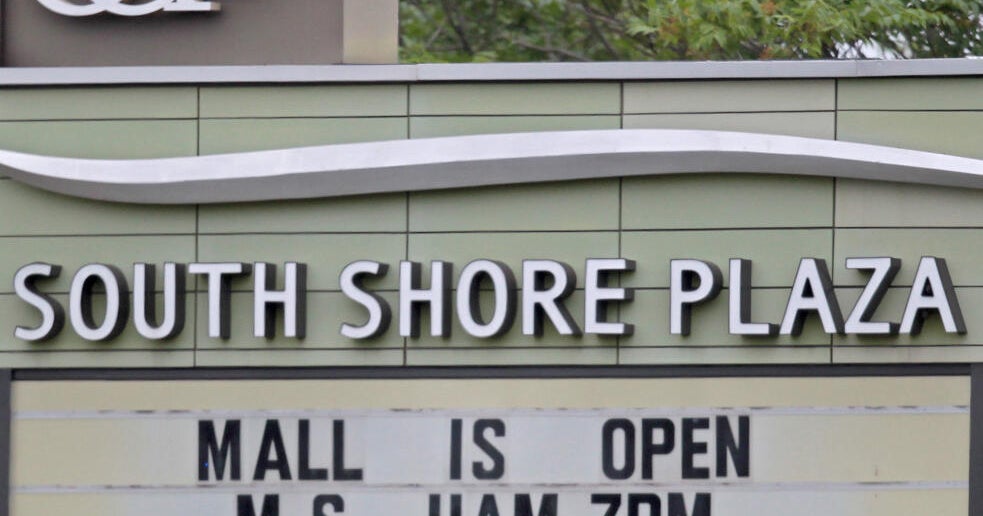Holiday travel rush kicks into high gear at South Florida airports
MIAMI - Thursday through Sunday will mark one of the busiest travel days of the year.
If you are traveling by air, do yourself a favor at check on your flight for delays and possible cancelations before heading to the airport.
On Wednesday night, there were a lot of delays at South Florida airports.
At Fort Lauderdale-Hollywood International, there were 199 delays and 7 cancelations as of 6 p.m., according to Flight Aware.
The busiest days at FFL are going to be Wednesday, Sunday and Monday.
The airport is expecting more than 98,500 passengers a day.
At Miami International, there were 320 delays in and out with no cancelations as of 6 p.m.
MIA is expecting record crowds this year, with about 150,000 passengers going thru the airport each day.
The busiest days will be Saturday and Sunday with about 160,000 passengers each day.
Both airports say parking is full. Airport officials suggest you get a ride to the airport or park in overflow parking.
Also, arrive three hours before your scheduled departure.
"I was supposed to connect to another flight. But the first flight got delayed, and it was stuck at the gate."
Fausto Ojito was one of a few CBS4 found left potentially stranded.
"Canceled and detoured our flight to Orlando, and then we got our tickets late for the second flight, and they didn't let us check in."
A mother and son began their journey in Atlanta at 3 a.m. to fly to MIA, but missed their connection for a weekend family wedding in El Salvador.
"We're hopeful, though. Yes, positive."
Positive and thankful.
"Grateful to be able to travel. Make the most of it."
So, if you are heading to the airport, remember to give yourself plenty of time.
AAA predicts that 54.6 million people will travel at least 50 miles from home in the U.S. this week, a 1.5% bump over Thanksgiving last year and only 2% less than in 2019. The auto club says nearly 49 million of those will travel by car, and 4.5 million will fly between Wednesday and Sunday.
Remember all those flight cancellations and delays we had over the summer? You don't have to worry as much about that for the holiday.
Experts say weather and low staffing blindsided the airline industry months ago. Since then, they have been aggressively hiring and adjusting schedules to make sure they are more reliable.
"We did have a challenging summer," said Sharon Pinkerton, senior vice president at the trade group Airlines for America.
She said that airlines have pared their schedules and hired thousands of workers, they now have more pilots than before the pandemic.
"As a result, we're confident that the week is going to go well," said Pinkerton.
U.S. airlines plan to operate 13% fewer flights this week than during Thanksgiving week in 2019. However, by using larger planes on average, the number of seats will drop only 2%, according to data from travel-researcher Cirium.
Airlines continue to blame flight disruptions on shortages of air traffic controllers, especially in Florida, a major holiday destination.
Controllers, who work for the Federal Aviation Administration, "get tested around the holidays. That seems to be when we have challenges," Frontier Airlines CEO Barry Biffle said a few days ago. "The FAA is adding another 10% to headcount, hopefully, that's enough."
Transportation Secretary Pete Buttigieg has disputed such claims, saying that the vast majority of delays and cancellations are caused by the airlines themselves.
TSA expects airports to be busier than last year and probably about on par with 2019.
The Sunday after Thanksgiving will be the busiest holiday travel day.
For those traveling by air during peak times, have patience for long security lines and always have a backup plan in case the flight falls through.
People getting behind the wheel or boarding a plane don't seem fazed by higher gasoline and airfare prices than last year or the widespread concern about inflation and the economy. That is already leading to predictions of strong travel over Christmas and New Year's.
"This pent-up demand for travel is still a real thing. It doesn't feel like it's going away," says Tom Hall, a vice president and longtime writer for Lonely Planet, the publisher of travel guides. "That's keeping planes full, that's keeping prices high."


